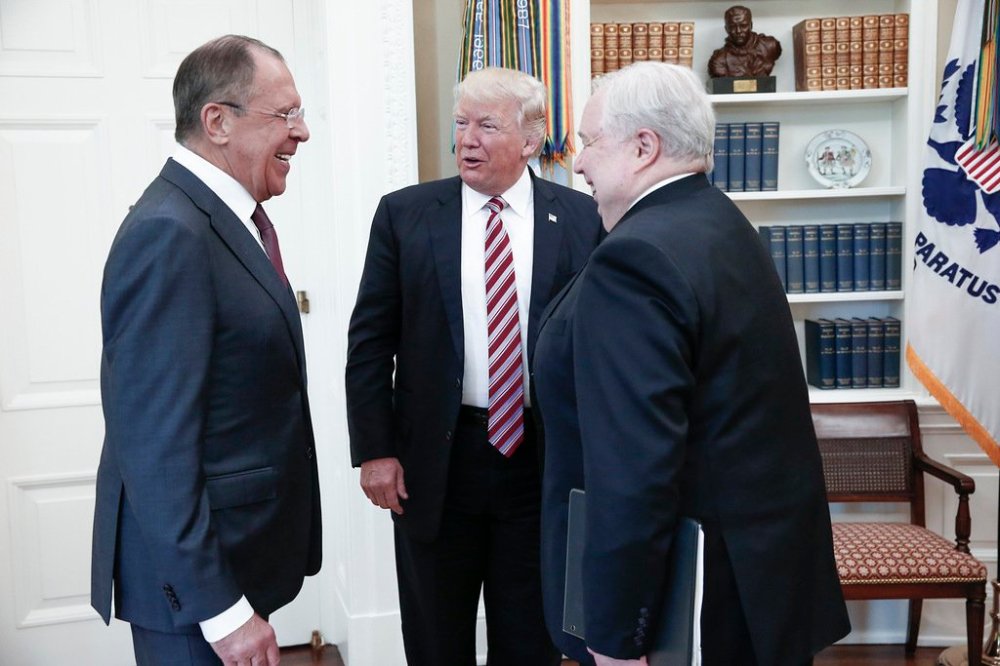At a press conference yesterday alongside British Prime Minister Theresa May, Donald Trump boasted about the “incredible intelligence relationship” between the U.S. and the U.K. May didn’t react, though it’s hard not to wonder whether some in her government might’ve quietly scoffed.
The Washington Post‘s David Ignatius explained in his latest column that the American president and his allies have been “straining the covert alliance to the point that some insiders on both sides worry that trust and cooperation could eventually begin to erode.”
Former British officials believe that MI6 has begun to worry about sharing its most sensitive secrets with the United States, for fear that they may be disclosed by the Trump White House for political reasons, or through simple carelessness. This British concern about the U.S. ability to keep secrets predates Trump, but it has increased.
“You never know what Trump will say or do or tell in a rage, and that’s something to worry about,” says a former British official. “The U.S. has become a less reliable ally.”
House Intelligence Committee Chairman Adam Schiff (D-Calif.) suggested to Ignatius that the relationship will likely improve once Trump leaves office. He added, however, “There’s nothing I can say that will disabuse [U.S. allies] of concern about what this president might do with information that could be damaging to them.”
I continue to think this is one of the more under-appreciated problems with the Trump presidency.
As regular readers will probably recall, it was in May 2017, for example, that the American president welcomed Russian Foreign Minister Sergei Lavrov and Russian Ambassador to the U.S. Sergei Kislyak into the Oval Office – at the request of Russian President Vladimir Putin – for a visit that was never fully explained.
It was in this meeting that Trump revealed highly classified information to his Russian guests for no apparent reason. The Washington Post reported at the time, “The information the president relayed had been provided by a U.S. partner through an intelligence-sharing arrangement considered so sensitive that details have been withheld from allies and tightly restricted even within the U.S. government, officials said.”
The Wall Street Journal added, “According to one U.S. official, the information shared was highly sensitive and difficult to acquire and was considered extraordinarily valuable.”












